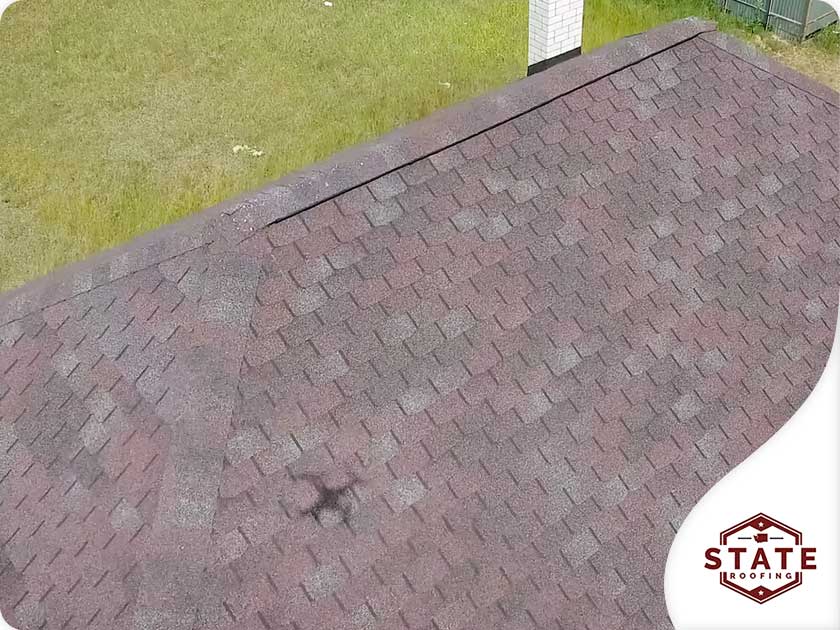Asphalt shingles offer great beauty and exceptional performance at a price that won’t hurt your wallet. But despite asphalt shingles being both cost-effective and reliable, you may have heard a few unappealing stories that made you think twice about getting them for your home. You should know that most of these misconceptions aren’t even remotely true, so we’ve debunked some of the most common ones below:

Myth: Dark Shingles Decrease Energy Efficiency
Truth: Dark-colored surfaces naturally retain more radiant heat than lighter-colored ones, even in asphalt shingles. But you should understand that the difference is hardly enough to affect your home’s overall energy consumption. Dark-colored shingles are generally recommended in colder climates because they tend to absorb more radiant heat and keep homes warmer.
Myth: Shingles Have Asbestos
Truth: This isn’t true for today’s asphalt shingle roofs, but if you’re remodeling a home built during the midcentury, you might need a professional inspection. Up until the middle of the 20th century, asbestos was a component in manufacturing shingles. This changed in the 1960s when the health risks associated with asbestos fibers were discovered. Fire safety codes were also updated at the time so asbestos was phased out almost completely to promote the usage of safer materials such as inert mineral stabilizers.
Myth: Shingle Adhesives Cure Too Fast
Truth: An adhesive “cures” when it goes through a chemical process to attain its final properties and strength. Some can cure instantly, but the ones typically used on asphalt shingles must be exposed to solar heat for a few days to take effect. This ensures a successful installation against wind damage and other weather elements.
State Roofing & Exteriors is a trusted contractor you can rely on for top-notch roof repair and replacement services. Call us today at (360) 794-7164 to get a free estimate! You can also reach us online to get started. We serve clients in Seattle, Bothell and Everett, WA, and the rest of the Puget Sound region.







